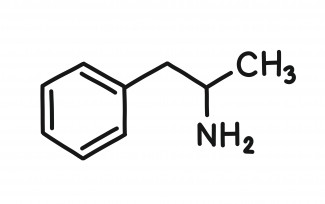Risk of psychosis in illicit amphetamine users: a 10 year retrospective cohort study

Abstract
Amphetamine use is a risk factor for psychosis, which imposes a substantial burden on society. We aimed to investigate the incidence of psychosis associated with illicit amphetamine use and whether rehabilitation treatments could influence the psychosis risk.
Study selection and analysis: A retrospective cohort study was conducted using the population based Taiwan Illicit Drug Issue Database (TIDID) and the National Health Insurance Research Database (NHIRD), from 2007 to 2016. We identified 74 601 illicit amphetamine users as the amphetamine cohort and 2 98 404 subjects as the non-amphetamine cohort. The incidence rate of newly diagnosed psychosis was the main outcome. Cox proportional hazards models were applied to assess the effects of amphetamine, and the Kaplan–Meier method was used to estimate the cumulative psychosis incidence curves.
Findings: Illicit amphetamine users were 5.28 times more likely to experience psychosis than those without illicit drug use records. The risk was higher for subjects with multiple arrests for amphetamine use. A greater hazard ratio (HR) magnitude was observed in female patients. We also observed a significant decrease in the risk of psychosis in patients receiving rehabilitation treatments during deferred prosecution (adjusted HR 0.74, 95% CI 0.61 to 0.89).
Conclusions: Illicit amphetamine use was associated with an increased incidence of psychosis. The risk was identified across all age groups, particularly in women and in those arrested multiple times, and was inversely correlated with rehabilitation treatments for amphetamine misuse.